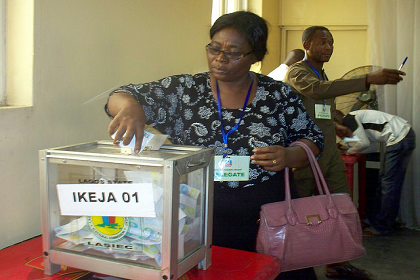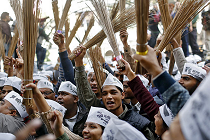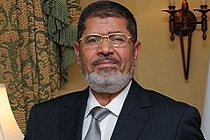Nigeria: a precarious election
The upcoming Nigerian elections is set to be a defining one for the country. Rampant corruption and the terrorist threat from Boko Haram have dampened the economic and social climate. The world is watching keenly as for the first time in a decade it is unclear which party will emerge victorious









